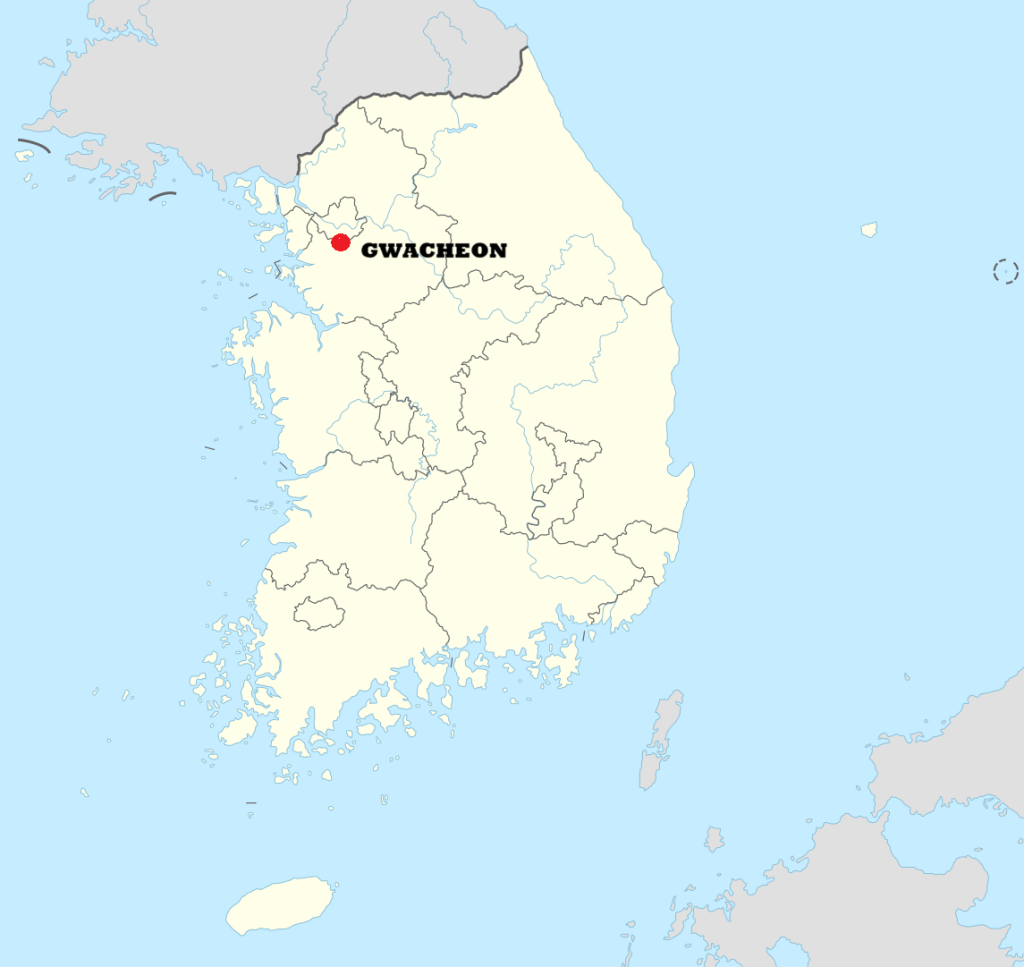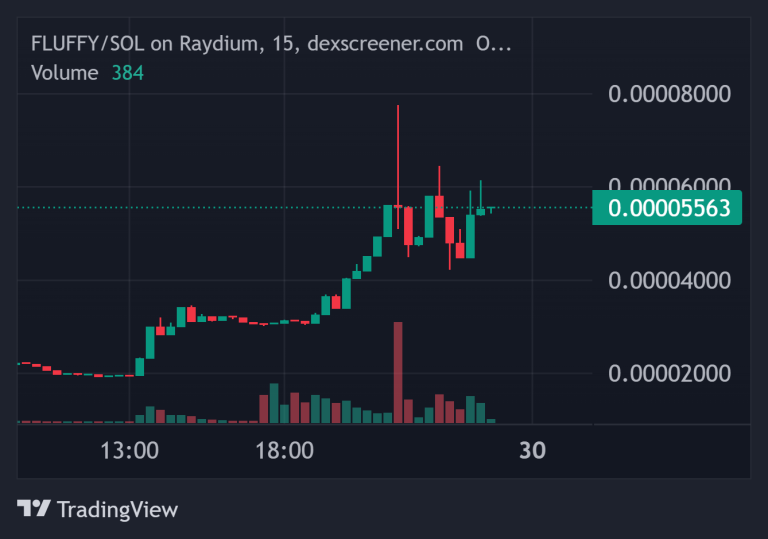Last updated:
 Why Trust Cryptonews
Why Trust Cryptonews
Ad Disclosure
We believe in full transparency with our readers. Some of our content includes affiliate links, and we may earn a commission through these partnerships. Read more

The South Korean city of Gwacheon has announced it will use an IT solution to help it seize, freeze, and liquidate more crypto from tax-dodging residents.
Per Energy Kyungjae, the city – in Gyeonggi Province – will launch “its own electronic virtual asset seizing system.”
South Korean City to Strike Out on Its Own in Hunt for Tax Dodgers’ Crypto
Crypto trading is not yet subject to taxation in South Korea. However, Seoul has given local tax bodies the right to seize crypto belonging to “habitual” or “large-scale” residents who fail to pay local levies.

Until recently, Gwacheon used IT solutions operated by the wider Gyeonggi Province to identify crypto wallets belonging to tax delinquents living in the city.
Tax officers used the solution to scan domestic crypto exchange wallet data. When they identified wallets belonging to Gwacheon-resident tax offenders, they could then seize coins.
In some cases, residents have then followed up by settling their outstanding tax bills. In others, the province has liquidated the coins. It has then handed fiat over to the city.
But Gwacheon’s move to launch its own IT solution, independent of Gyeonggi Province’s own solution, suggests smaller cities and counties could look to expand the reach of their tax evasion crackdowns.
The city has a population of 85,397, per the Korea Ministry of the Interior and Safety’s 2024 statistics.
Gwacheon Targets 361 ‘Tax Evaders’
Gwacheon said its solution would go online next month. Officials said that it would follow up with “full-scale collection procedures starting in the first half of 2025.”
These have already yielded significant results. In the past five years, Gwacheon says it has seized crypto worth approximately 300 million won (just under $205,000) from tax dodgers.
Gwacheon tax officials confiscated over a third of this amount in 2024, a further sign that the city is becoming more efficient in its crypto-collection measures.
The city said that it was responding to a sharp rise in crypto-related activity in Gwacheon and beyond.
As such, it said, the city has noticed an increase in “cases of virtual assets being used as a means of hiding delinquents’ assets.”
Gwacheon says it will focus on searching for crypto wallets belonging to “361 residents who have failed to pay more than 3 million won [just over $2,000] in local taxes.”
The city said the group owes Gwacheon over $12.8 million worth of taxes.
“We will ensure the tax system is fair by taking strong responses to tax delinquents. We will actively block tax evasion by seizing virtual assets.”
Gwacheon Tax Division Head Kang Min-ah
South Korean city authorities in places like Goyang have also begun using similar solutions to seize crypto belonging to residents with outstanding traffic fines.





